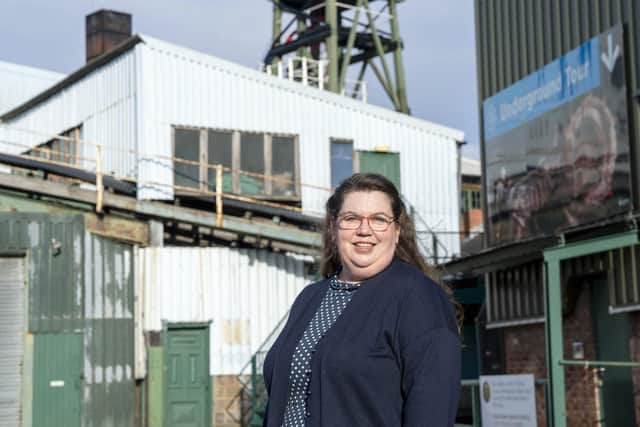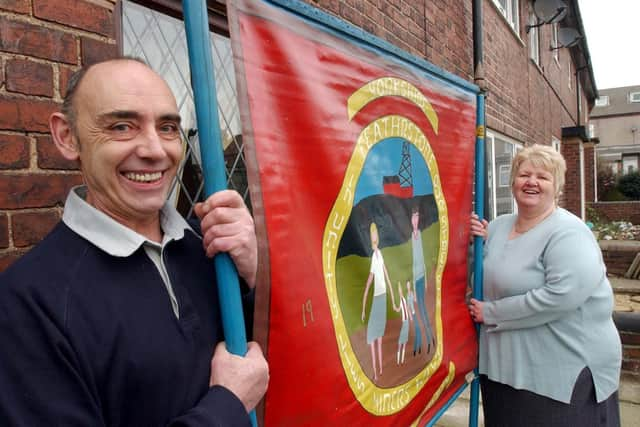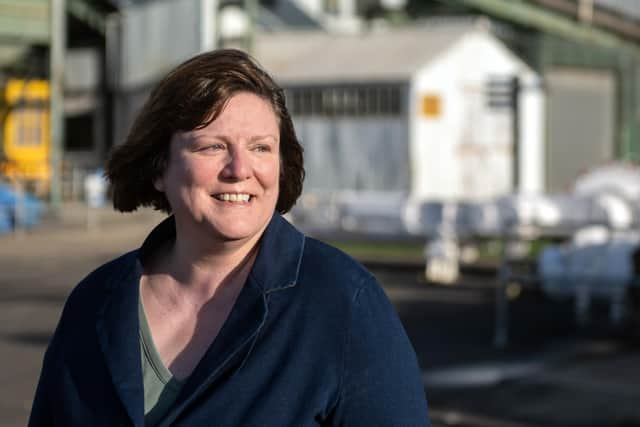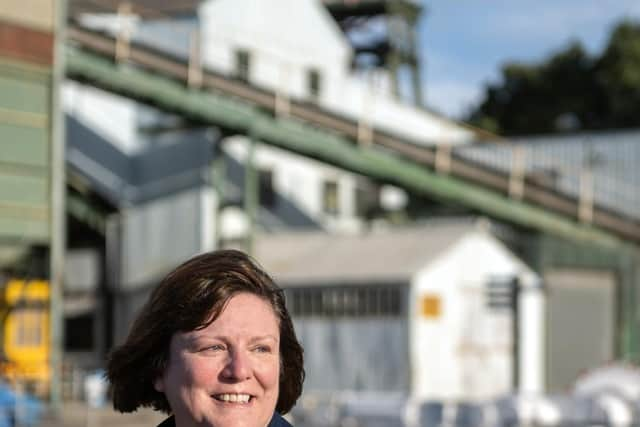MINERS’ STRIKE 40TH ANNIVERSARY: ‘We were brothers and sisters in arms’ – women’s vital role during industrial dispute
and live on Freeview channel 276
Miners’ wives, families and friends took on roles from organising soup kitchens and meals when money was scarce to active organising and picketing within the National Union of Mineworkers (NUM).
National Coal Mining Museum (NCM) chief executive Lynn Dunning said: "Women Against Pit Closures was an incredibly strong movement led by formidable women like Anne Scargill and Betty Cook.
Advertisement
Hide AdAdvertisement
Hide Ad"They became visible in a way that perhaps hadn't been seen before.


“They led fundraising efforts and provided food but, as well as that, a lot of them talk about it being the first time they stepped out of the home.
"After the strike a lot went back to get education and went to college to develop their own careers.”
The museum is running a year-long exhibition dedicated to the 40th anniversary of the strike, which will include accounts from women involved in the strike.
Advertisement
Hide AdAdvertisement
Hide AdOver the year it will include temporary exhibits dedicated to different individual aspects of the strike.


NCM lead curator Anne Bradley said: “For women it was the first strike where they took a role, being active on picket lines, marching in London, raising money.
“They really took an active role and many felt they didn’t want their husbands to go back to work and that they would have gone on for longer.
“It was giving women a feeling of self worth and value. Knowing they can do more.
Advertisement
Hide AdAdvertisement
Hide Ad"Being a miner's wife wasn't easy, it was already hard work at home.


"But many wanted to further educate themselves. It widened a lot of women's eyes as to the opportunities that were there for them.”
Striking miner Denis Doody said the role of women grew from feeding hungry people to playing an essential role that the industrial effort depended on.
He said their contribution changed perception of what women could be in working class industrial communities.
Advertisement
Hide AdAdvertisement
Hide Ad“They were very active, feeding sometimes 200 people a day,” he said.


“But later they were involved in collecting money, in picketing, they came out of the shell that had been imposed upon them culturally in mining and industrial communities, where men were seen as breadwinners.
“They went further than just feeding people, feeding children. They were involved in picketing, demonstration, lobbying, collecting money – we could not have survived without them.”
Former miner at Denby Grange Colliery and Wakefield district councillor for Horbury and South Ossett during the 1990s Nigel Pearce said there was no real difference between the contributions of men and women during the strike.
Advertisement
Hide AdAdvertisement
Hide AdHe said: “They understood what was happening and they were fighting for their communities.
“They got together and were there on the picket lines. We were all brothers and sisters in arms.
"In my experience the women were far better organisers than the men
“It got many of them into politics and they are still involved today.
"Women played an outstanding role and the strike broke down barriers. It opened eyes and opportunities for a lot of people to show they were part and parcel of the movement.”